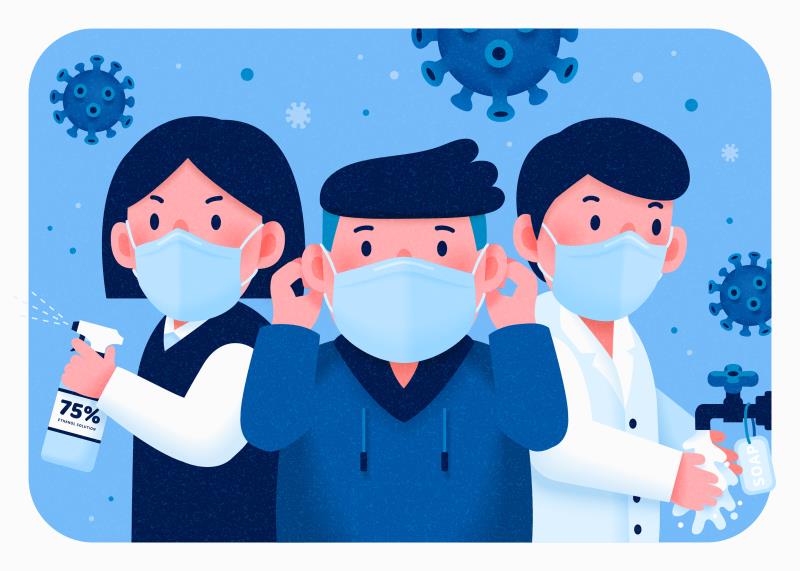
A segregated team model has been put in place by the National University Cancer Institute, Singapore (NCIS) to help doctors and nurses maintain care for cancer patients during the COVID-19 pandemic.
The model was created based on lessons learnt from the SARS epidemic in 2003. These included ensuring safety of staff from infection, allocation and re-designation of limited resources, and consideration of unique challenges posed by cancer patients.
Both clinical and non-clinical staff were segregated into two teams while physician sub-teams were confined to specific wards, outpatient, and office areas to avert exposure and cross-contamination.
Patient visits, surgeries deferred
Non-urgent patient visits and surgeries were also postponed. Instead telemedicine consults, medication delivery to homes, and online payment were encouraged. [Annals of Oncology 2020;doi.org/10.1016/j.annonc.2020.03.306]
Patients and visitors were screened at the hospital entrances and suspected cases were referred for treatment. Cancer patients with confirmed COVID-19 were managed in a designated ward, manned by experts that included internal medicine physicians, and given telemedicine support from haematologists and oncologists. This strategy effectively reduced the use of PPE in cancer wards.
Research and education, including cancer studies, continued in non-risk areas as well as clinical trial monitoring. Appreciation messages were shared, and group chats were encouraged to boost staff morale and facilitate information sharing.
On wearing of mask: Why the change of heart?
In another development, the Singapore government gave away reusable face masks to all residents from April 5 to 12 through various community centres to slow the spread of COVID-19 in the island state.
“We will no longer discourage people from wearing masks,” said Singapore Prime Minister Prime Minister Lee Hsien Loong in a recent address to the nation. “Wearing a mask may help to protect others, in case you have the virus but don’t know it. This is so that you keep your droplets to yourself. It can also protect yourself a little better, especially if you are elderly, or vulnerable because of pre-existing conditions,” said Mr Lee.

Even the US Centers for Disease and Control Prevention now recommends the wearing of cloth face masks in public settings where other social distancing measures are difficult to maintain. The cloth masks should be worn when going out and removed by the straps to avoid touching the contaminated part. Washing the mask after each use is also recommended to remove any deposited contaminants.
The CDC, however, said the public shouldn’t let masks give them a false sense of security. The agency still recommends that people stay at least 6 feet away from others, and to practice good hand hygiene as additional safety measures.